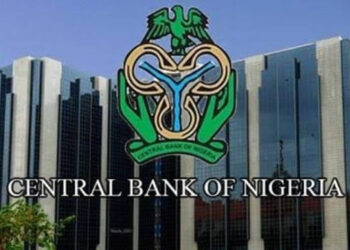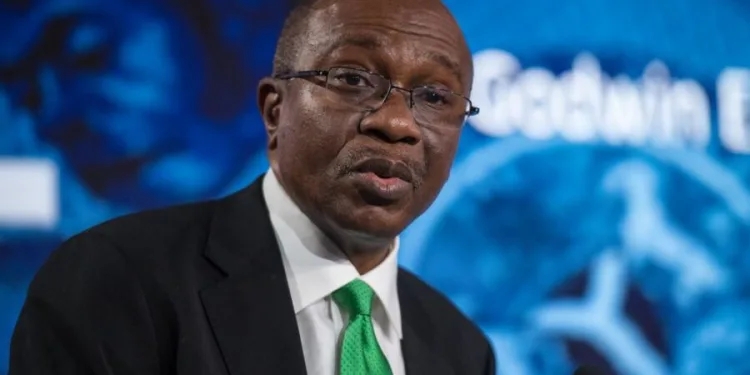Nigerians spent $294.55 million on foreign health services between January and September 2022, according to data from the Central Bank of Nigeria (CBN). This translates to N135.8 billion, assuming an exchange rate of N461/$1.
The CBN report showed that during the period under review, foreign health expenses by Nigerians decreased by 52% compared to $612.98 million during the comparable period of 2021. Also, note that this is the lowest figure recorded since 2016 when only a paltry sum of $7.14 million was spent.
Nigeria’s foreign health expenditure has been on a rapid decline since the covid-19 pandemic in 2020, which saw the death of thousands of people globally, especially in other climes.
Nigeria’s foreign health spending declined from $2.56 billion recorded in 2019 to $1 billion in 2020 and has maintained a downward trajectory since then.
The outbreak of the pandemic discouraged some Nigerians from travelling abroad for health care reasons due to the intensity of the pandemic in other climes like the US, UK, Canada, and France amongst others.
Continuous spending: Despite the decline, it is still a cause for worry that Nigerians continue to move their monies abroad in search of healthcare services that would otherwise be received in the country.
- However, the standard of healthcare in the country has been questioned over the years citing underfunding as a major factor, causing several Nigerian doctors to migrate to other developed countries.
- According to data from the Nigerian Medical Association, there were about 24,000 medical doctors in Nigeria as of 2022, servicing a population of over 200 million people, printing an average of one doctor per 10,000 population.
- This is largely below the one to 600 doctor-patient ratio recommended by the World Health Organization (WHO). Similarly, WHO recommends that a country requires a mix of 23 doctors, nurses, and midwives per 10,000 population to deliver essential health services.
- As a result of the continuous want for foreign services, such as education and healthcare, Nigeria’s balance of payment is affected as FX inflows in recent years have also dwindled significantly.
Underfunded sector: The President signed the national budget of N21.8 trillion for the 23 fiscal years, allocating N1.08 trillion to the ministry of health. A breakdown showed that N614.18 billion was earmarked for personnel, N16.45 billion for overhead, while N445.16 billion was budgeted for capital expenditure.
- Compared to the previous year, the health sector budget increased from 714 billion. However, the N1.08 trillion only accounts for 4.93% of the total budget. This is significantly less than the benchmark of the World Health Organization (WHO) to allocate at least 15% of the annual national budget to health.
- Meanwhile, on a per capita basis, the health sector budget stood at N4,980, an improvement from N3,295 recorded in the previous year. This gives an idea of how much was allocated on average to an individual in the country for health care.
Brain drain in Nigeria’s health sector: In a symposium on the implication of the brain drain in Nigeria’s health sector held in 2022, Uche Rowland, the President of the Nigerian Medical Association noted that 5,600 Nigerian medical doctors migrated to the United Kingdom in the last eight years.
He also added that in some Southern states, the doctor-to-patient ratio, is about 1:30,000, while in the north it is as high as 1:40,000 patients.
- “In some rural areas, patients have to travel more than 30 kilometres from their abodes to get medical attention where available thus making access to healthcare a rarity,” he said
He added that Nigeria requires at least 363,000 additional doctors to meet the WHO target, and improve the healthcare delivery in the country. In his address, he stated that the mass exodus of licensed medical doctors and other health professionals to more developed countries has brought significant disruptions to Nigeria’s healthcare system.
Bottom line: Nigeria’s foreign health expenditure has fallen significantly in the last two years, mainly due to the covid-effect, while the local sector still suffers from its underlying issues. The federal will need to work on improving the standard of healthcare in the country, to further reduce the capital flight of foreign health services.




















